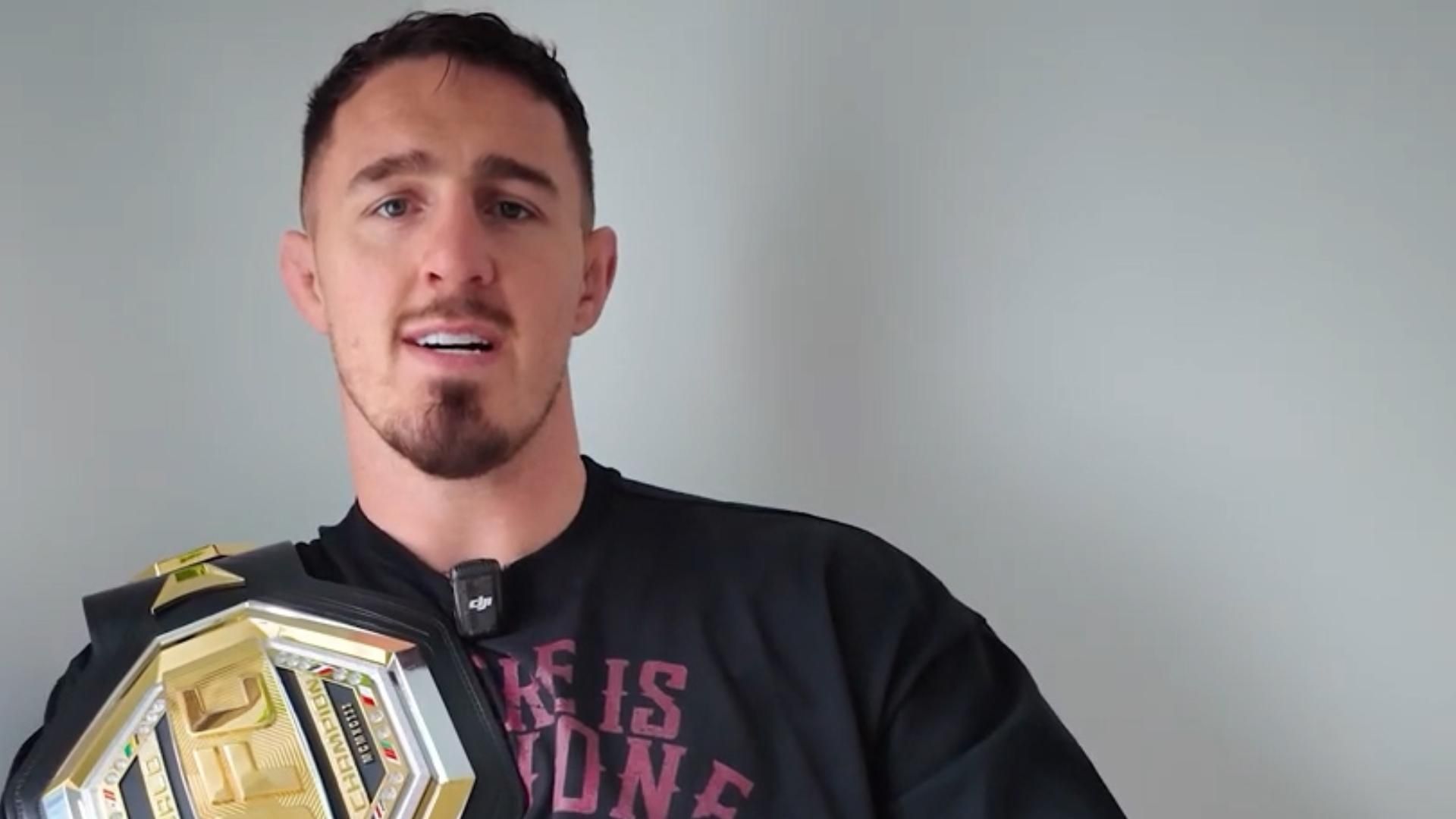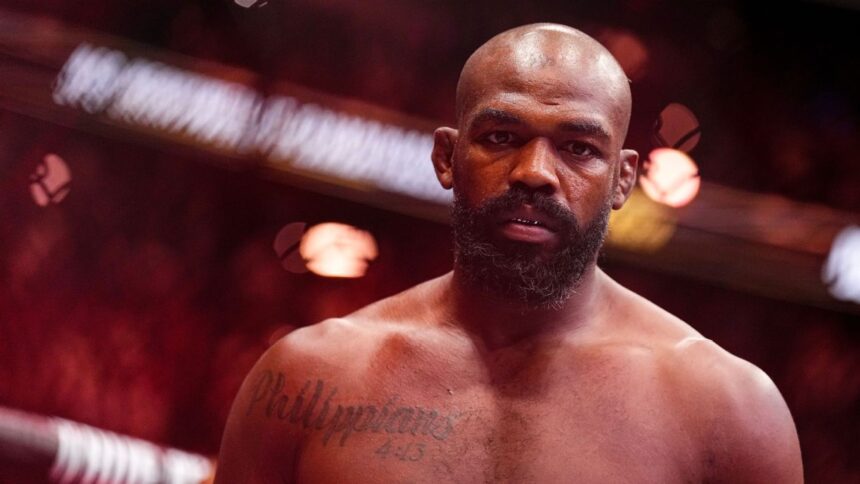The news of Jon Jones’ retirement, considered by many to be the best mixed martial artist of all time, was received with surprise and a hint of disappointment by Dana White, CEO of the UFC. Jones, known for his skill and dominance in the octagon, has always been a fighter who has acted under his own rules and at his own pace. His retirement was no exception.
The End of an Era or a New Strategy?
Jones’ decision to retire raises a crucial question: is this really the end of his complicated career? For better or for worse, Jones is easily the most “selfish” fighter in UFC history. This characteristic, although criticized by many, has been fundamental to both his professional success and the detriment of others. The withdrawal of Jones truncated an expected unification fight for the heavyweight title against interim champion Tom Aspinall. Jones, instead of facing Aspinall, chose to disparage his opponent, calling him inexperienced and annoying, while deciding to accept a fight with Stipe Miocic, a 42-year-old former champion. This decision, which could be seen as a strategy to preserve his legacy, generated controversy. White, who had assured that the fight with Miocic would take place, looked visibly disappointed. Jones has repeatedly demonstrated his ability to maintain control over his career. His lack of concern for fans, promoters, or teammates is notable, but it is also one of the characteristics that have distinguished him. The way Jones has handled his career, prioritizing his needs, is evident in numerous examples. The UFC, despite Jones’ legal troubles, has backed him, perhaps more than any other fighter, with the exception of Conor McGregor.A notable example of this was when Jones refused to fight Chael Sonnen, which led to the cancellation of UFC 151 in 2012.The fight was set. We had the fight set a long time ago. Why he decided not to fight, you’ll have to ask him.
Dana White









